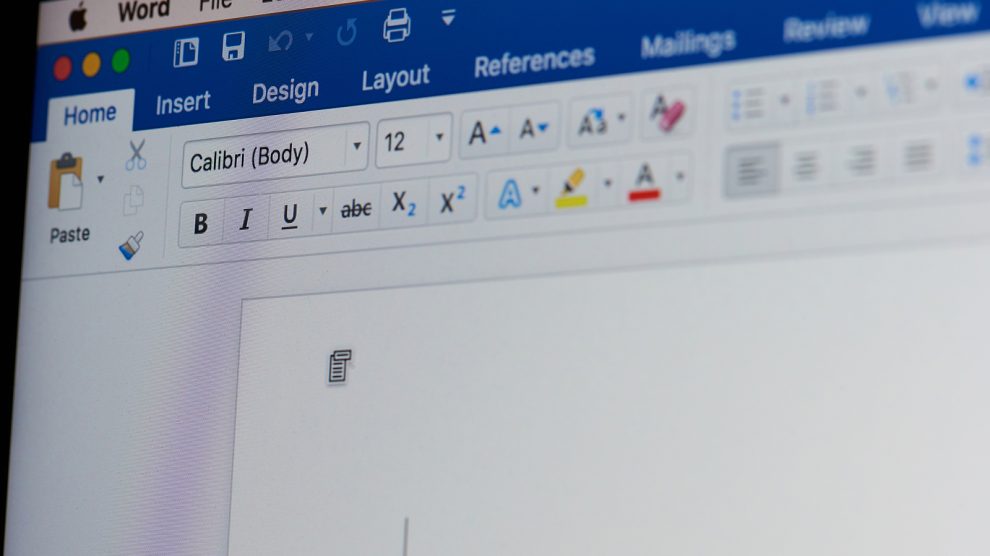Levels of software piracy in CEE are significantly higher than in Western Europe.
Back in 2007, Romania’s then president, the combative (some would say abrasive) Traian Basescu bluntly told Bill Gates that pirated Microsoft software helped Romania to develop a dynamic technology industry.
“Piracy helped the young generation discover computers. It set off the development of the IT industry in Romania,” Basescu told Microsoft co-founder Gates, who was in the Romanian capital Bucharest to open a Microsoft global development centre.
“It helped Romanians improve their creative capacity in the IT industry, which has become famous around the world.”
- For Romania’s IT sector, an end to tax exemptions offers cause for concern
- The allure of emerging Europe as a global GBS hub
- Emerging Europe Talks Success and Failure — IT and software business with Oves Enterprise’s Mihai Filip
Basescu—a well-known technophobe—probably never realised just how famous Romania’s IT industry would become. (Gates almost certainly did). Romania was ranked in sixth place on Emerging Europe’s latest IT Competitiveness Index, which looks as the IT sector in all 23 countries of the region, analysing available talent, IT infrastructure, economic impact, the current business environment, and scope for potential growth.
Romania exported almost seven billion euros worth of IT services in 2021.
Neither Basescu nor Gates, however, would have expected that 16 years on a majority of Romanians would still be using pirated software.
At the time of the Gates visit to Bucharest, it was estimated that 70 per cent of all software used in Romania was piracy. Today, more than half (53 per cent) of all software installed on the country’s computers is still pirated, according to a new report.
“This is alarming, and could have negative consequences for everyone,” says Ionuț Les, country manager for Romania at Forscope, a second-hand software broker.
“Users expose themselves to significant risks, while the government loses out owing to undeclared activities which go untaxed.”
A means of reducing costs
A significant percentage of the pirated software is believed to be used by firms, in attempt to reduce costs. Among the most pirated programs are Microsoft products such as Windows, Windows Server, and Office.
The online purchase of activation keys for various types of software presents numerous risks that can have serious consequences for companies. Illegal software is usually tampered with to block updates or bypass authenticity checks. The practice leads to a significant decrease in performance and increases the vulnerability of devices to threats such as viruses, malware, ransomware and cyber attacks in general.
“Furthermore, the legal risks associated with purchasing, for example, Windows activation keys from unauthorised sites are related to the fact that the software in question is often pirated or counterfeit,” adds Les.
“This means that the software is distributed illegally, and if you are caught using it, you may be subject to legal action. Microsoft is particularly active in monitoring and prosecuting those who are found using pirated or counterfeit software. Consequences can range from substantial fines to prison, depending on the extent of the piracy.”
In Armenia, almost 80 per cent of software is pirated
The level of use of pirated software in Romania is similar to other countries in the region, such as Bulgaria and Bosnia and Herzegovina.
In contrast, the spread of illegal software is not quite so pronounced in other Central and Eastern European countries, such as the Czech Republic (26 per cent), Slovakia (29 per cent), Slovenia (35 per cent) or Poland (40 per cent).
With an estimated percentage of 79 per cent, Armenia has the highest rate of unlicensed software in the region, followed by the Republic of Moldova with 77 per cent and Belarus with 76 per cent.
In Western Europe, the average use of pirated software is estimated at around 20 per cent, according to Forscope’s analysis.
Unlike many news and information platforms, Emerging Europe is free to read, and always will be. There is no paywall here. We are independent, not affiliated with nor representing any political party or business organisation. We want the very best for emerging Europe, nothing more, nothing less. Your support will help us continue to spread the word about this amazing region.
You can contribute here. Thank you.







Add Comment